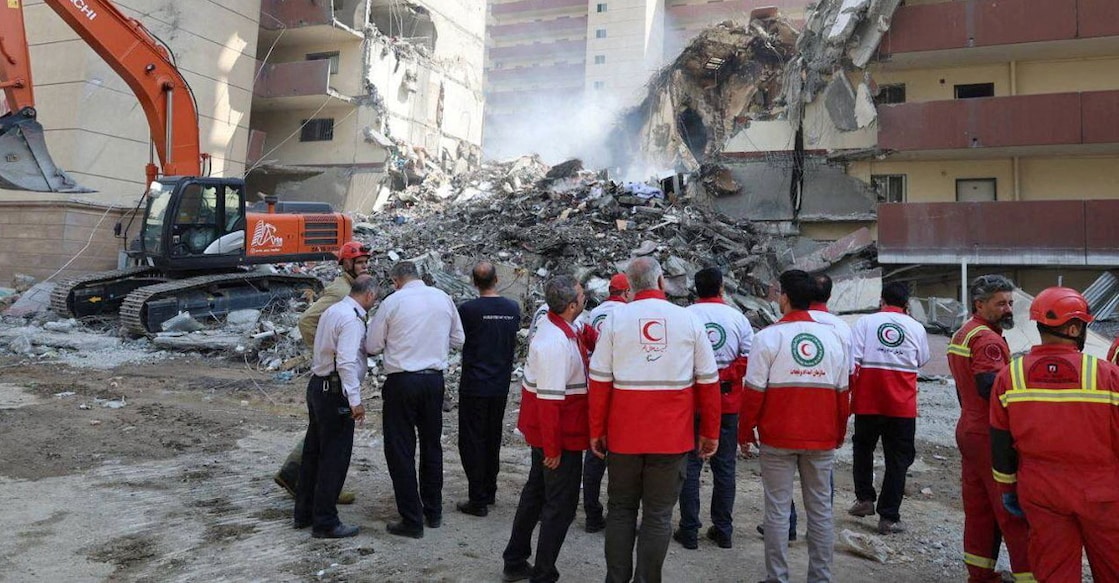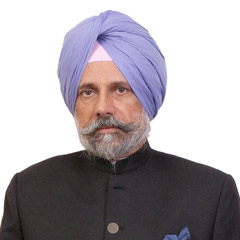Opinion | Will Israel-Iran escalation go nuclear?

Mail This Article
The massive Israeli aerial attacks on Iran have escalated the tension in the Gulf and West Asia. Israeli Prime Minister Benjamin Netanyahu had been itching to launch them for some months.
US President Donald Trump had been restraining him as he proposed nuclear talks with Iran on March 25. They were hosted by Oman. A deadlock became apparent when on June 4 Iranian president Ali Khamenei tweeted that the US proposal was “100 per cent” opposed to Iranian desire to continue its nuclear programme. The US had apparently offered on May 16 a deal requiring the Iranian programme to be downscaled or shut-down.
Behind the whole fracas is the 2015 nuclear deal that Iran signed with the P-5 members of the UN Security Council plus Germany. It was called the Joint Comprehensive Programme of Action (JCPOA). It allowed Iran to continue enriching uranium and other related activities under the supervision of the IAEA (International Atomic Energy Agency). The restrictions were time-bound and to be lifted after a certain period. President Trump on assuming power in 2017 promptly junked that deal. Iran thereafter expanded its enrichment activities.
Today, Iran has over 400 kg of uranium enriched to 60 per cent. Nuclear reactors only require 3-5 per cent enrichment, whereas a nuclear device needs 25 kg of uranium enriched to 90 per cent. From 60 to 90 per cent is a relatively quick step. Iran also announced the replacement of its old centrifuges with the latest generation-6 ones. Pakistani nuclear scientist AQ Khan had clandestinely provided the original ones, which got revealed in 2003. Since then Iran has defied sanctions, joined talks off-and-on and made its nuclear infrastructure more attack-proof by embedding them deep in mountains or below ground. The Israelis attacked both, but with the level of damage as yet unknown.
Although Saudi Arabia and the Lebanese president promptly condemned the attack, all the Gulf countries basically dread Iran acquiring nuclear weapons. But they also do not want violence to escalate, nor to get drawn into the Iran-Israel face-off.
Netanyahu has multiple reasons for launching the present attacks. He has barely survived a confidence vote. His alliance with the far-right parties has trapped him into permanent war in Gaza and opposition to Iran and its surrogates. His endgame of completely ejecting Palestinians from Gaza and corralling them in smaller holdings in the West Bank is being rejected by his western supporters.
Additionally, Israel managed to decapitate Iran’s powerful Lebanese ally Hezbollah. The Assad regime in Syria, another Iranian ally, got overthrown. The US president strongly supports Israel. The moment appeared ideal to seriously damage the Iranian nuclear programme, kill its top military leadership and its senior nuclear scientists. Israel has been subverting the Iranian nuclear programme for decades by targeted killings of Iranian scientists and planting malware in computers. These attacks are more direct and lethal.
Iranian supreme leader Ali Khamenei promises Israel a “bitter, painful fate”. A drone attack came as immediate retaliation. With Hezbollah and the Houthis weakened and the Israeli air defence mostly thwarting missile and drone attacks the Iranian choices are limited. Some visible retaliation is inevitable for domestic consumption and to restore deterrence. Another possibility is Iran exploding a nuclear device, considering it has enough enriched uranium for 10 or more bombs.
For India, the concerns are immediate if hostilities escalate. Oil prices rose today and can explode. India can face trade disruption and humanitarian consequences, due to the over 8 million diaspora. Pakistan is suddenly seen as vital to balancing Iran, with the US wooing their army and ignoring Indian charges after the Pahalgam massacre. China and Russia would want the US enmeshed militarily in the Gulf and the region again. The next few weeks will determine if the US can restrain Israel and resume talks with Iran.
(KC Singh was the Indian Ambassador to Iran and United Arab Emirates.)


